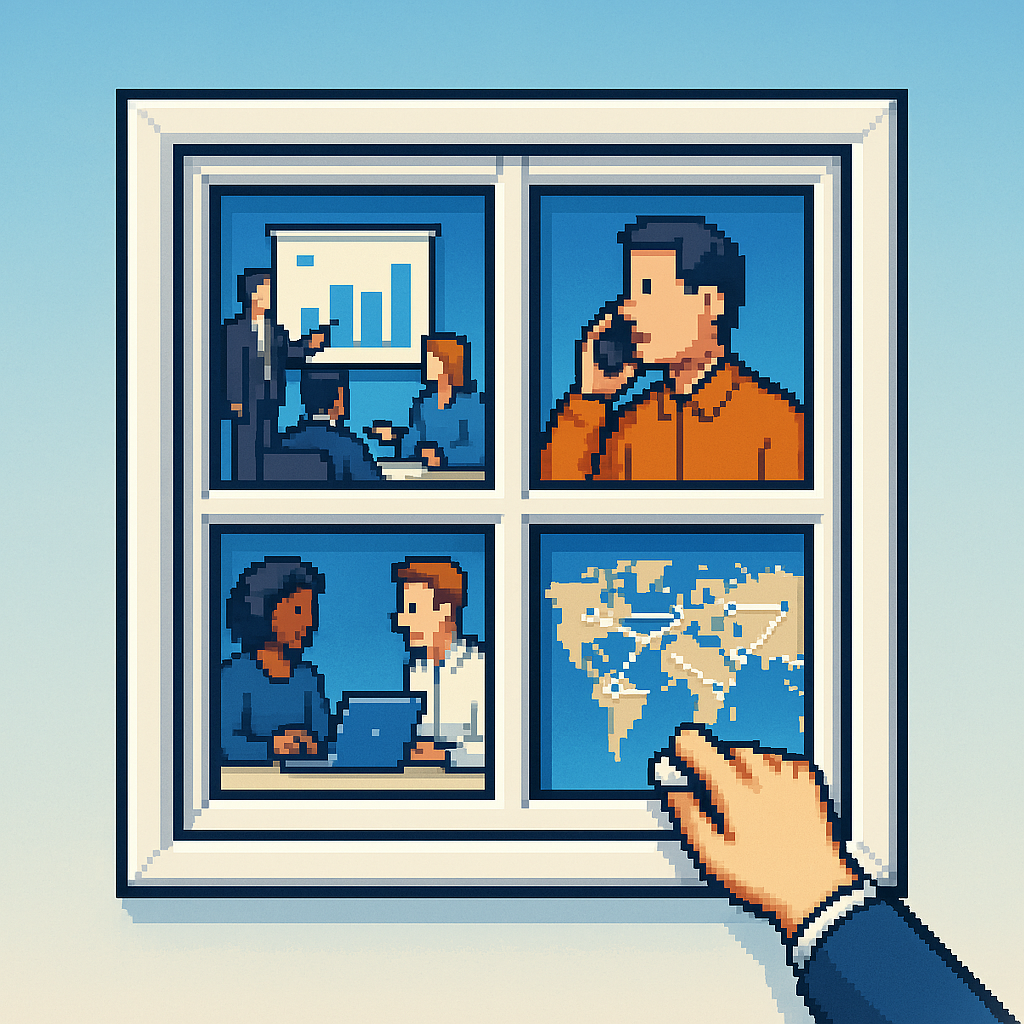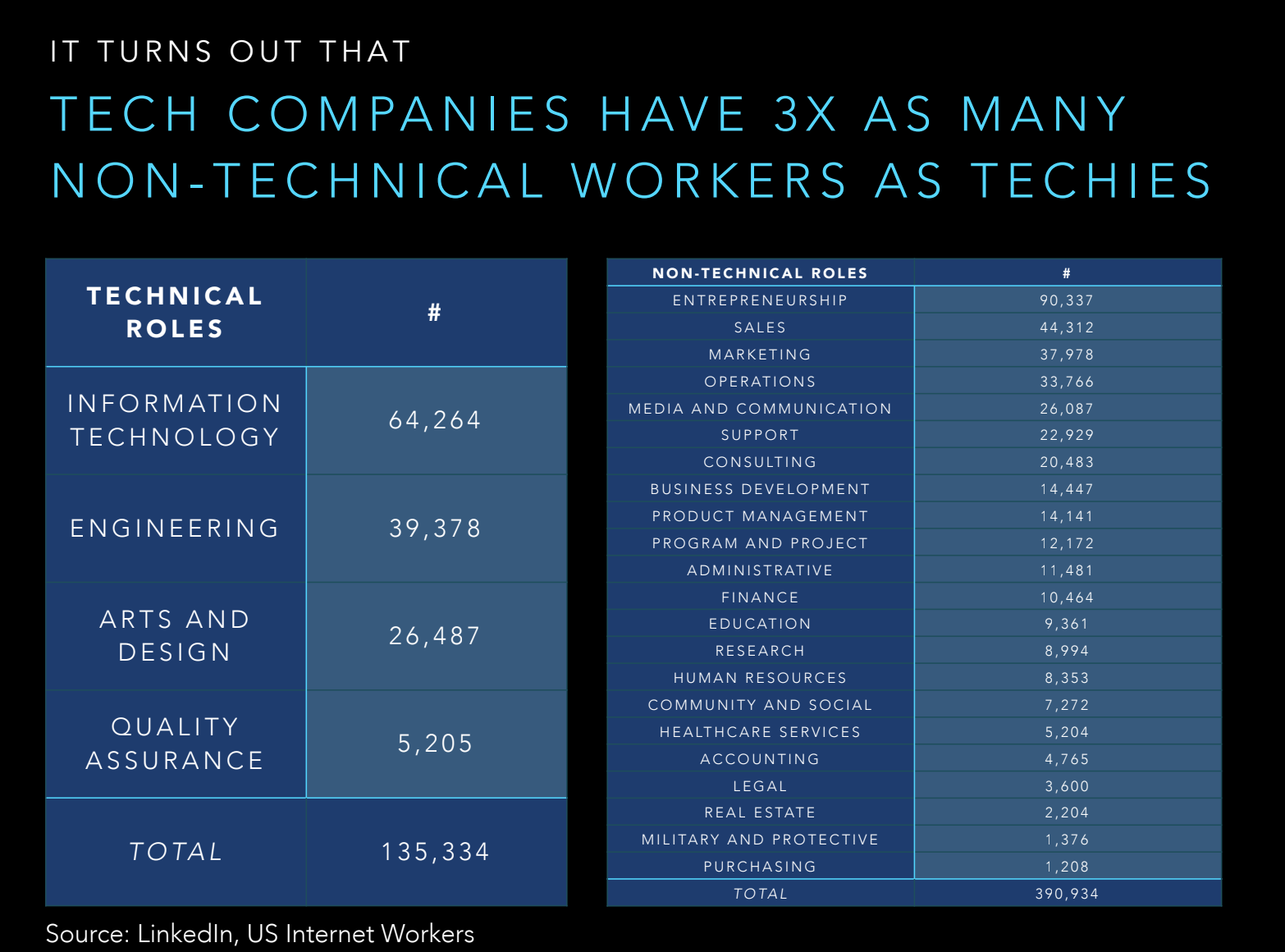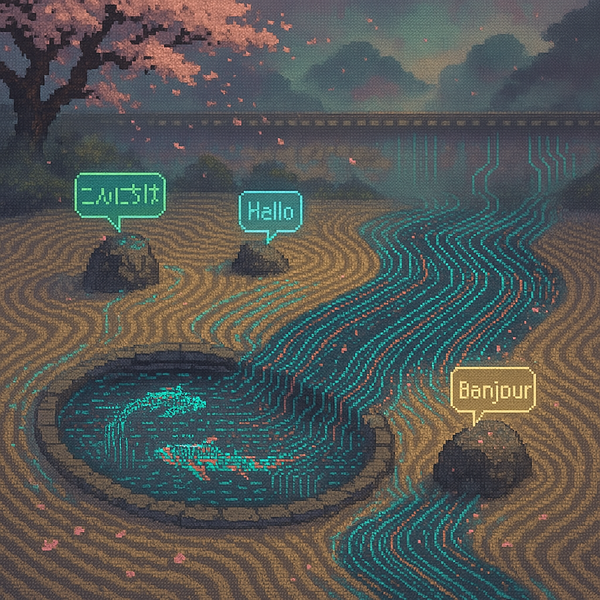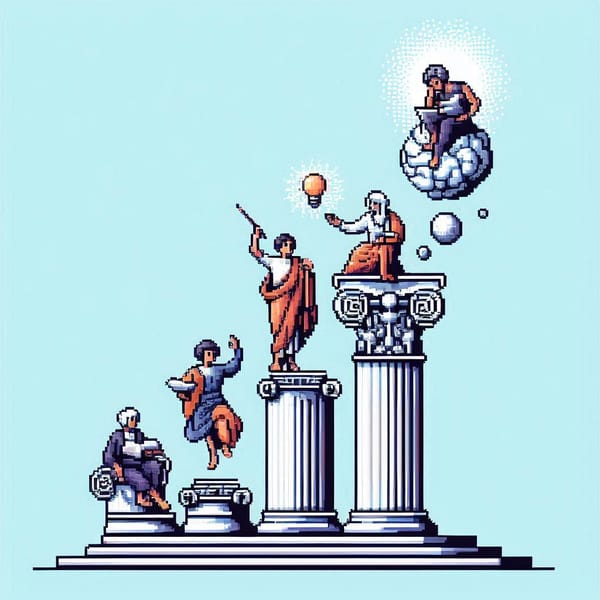why i started my tech career as a sales engineer @ microsoft

For the past few years my day-to-day activity was writing code.
In 2016? Doing PowerPoint slides and making calls. Lots of calls.
I am currently Software Engineer and Data Scientist at Capchase, FinTech scale-up, working mostly on Risk Intelligence. That's what everyone sees on the top of my LinkedIn, but whenever I share my career story with folks, people are surprised to learn my tech career started in sales (sales engineering is sales).
In this blog post I will be sharing three insights that led me consider sales engineering at the first place.
insight #1: marketing & sales skills are important in life
I grew up as an introvert boy, pretty good at math, physics and engineering overall.
For college (Bachelor of Science) I initially majored in Theoretical Physics (with an idea to pursue PhD), but on my sophomore year (year 2) switched to Robotics and Mechatronics as I changed my perspective on how much "applied" I wanted to be. On my junior year (year 3) I was lucky enough to have an exchange summer semester at University of Wisconsin - Madison. This experience in the USA exposed me to few business and personal development books, many of which were arguing that marketing and sales skills are equally important for engineers and builders.
Right now it sounds to me so obvious, but back then I naively thought that if you do great engineering (products), you won't need to talk to people.
A quote from one of those books was:
The ability to sell—to communicate to another human being, be it a customer, employee, boss, spouse, or child—is the base skill of personal success.
Conclusion from this insight: communication, surprise-surprise, resulted to be the key skill and I realized that I was not particularly great at it. I started to think more about how to fix that.
insight #2: majority of roles in tech industry are not coding
As a student, I had wrong perception of the tech industry.
As many around me, I "dreamed" of working for Big Tech companies (Google, Microsoft, Facebook, etc -> FAANG, MAANG or dunno-know-what-the-abbreviation-is-right-now 😅). I also dreamed of Silicon Valley story and tech startups.
As a student I imagined that working in tech looks like in the movie "The Internship":

or in the "Silicon Valley" tv show:

Both images are obviously different but the theme is the same:
but do you?
I accidentally stumbled upon the website BreakInto.Tech, created by Jeremy Schifeling, where he expands on his experience transitioning from kindergarten teacher to tech roles, such as a Product Manager at Apple working on devices for education.
One of the slides in the free materials he published on his website was this breakdown of roles in a tech industry, which completely dismissed the previous perception:

At the end, it kind of makes sense, right?
The tech company creates a software product. A software product is lucrative because of free (cheap) distribution – you create a product once and then everyone can use it by downloading or using it through the browser. So realistically you don't need to hire that many engineers, but you need other people to market & sell it. You also need to support existing customers and since it is still a company, you also need other business functions such as finance and HR.
Conclusion from this insight: you can work in tech, especially in Big Tech, without being world-class coder. In fact, you have much more chances if you target non-coding roles.
insight #3: big tech is global
Having insight #1 in mind, I started to deliberately search for opportunities where I could grow my business and communication skills:
- Signed up on various job postings websites
- Started to attend all recruitment events on university campus, regardless of the company profile
- Became more open to ALL roles, got interested in management consulting (McKinsey & Co, BCG, etc)
Since I still dreamed of Silicon Valley career, I also was checking Master & PhD programs in USA as a relatively easy way to relocate but the idea of studying again and postponing the industry experience didn't inspire me.
One day I found the ads for graduate program of Microsoft called MACH (now it is called Aspire) - a corporate leadership program from Microsoft to hire recent graduates for various roles.
Microsoft was (and is) obviously one of the largest, famous, and respected tech companies and joining it would have been amazing. By this moment I somehow firmly believed that to work there you have to relocate but MACH program ads was clearly stating that they are looking for one recent graduate in Kazakhstan to join the local team.
Wait, what?!
Microsoft, local team, Kazakhstan. This seemed fake. I googled it and it was true: there is one office in Astana (my city, business center "Q", 5th floor) and another in Almaty and it has been present in my country for more than 10 years 🤯.
Insight #2 says that Microsoft employs a lot of sales, marketing and customer support. Whole my life I knew Microsoft for Windows and Excel/Word. In other words I knew them as a B2C (business-to-consumer) company, so why sales and marketing?
What I didn't realize back then was that Microsoft is dominantly B2B (business-to-business) company. Their main revenue driver is enterprise versions of Windows, Microsoft Office, and cloud computing. Companies across the globe (including Kazakhstan) pay thousands and millions for the licenses of enterprise software, including those from Microsoft. Since these enterprise products are expensive, often complicated, and has competition (including pirated versions), Microsoft and other B2B tech companies tend to open a local subsidiary with people in GTM roles knowing the specifics of the geographical area.
Microsoft resulted to be closer than I thought. I didn't care much about the role but ended up in tech sales / sales engineering, where my job was to do a lot of product demos for new deals and help with deployment for closed deals.
Conclusion from insight: try to challenge your beliefs from time to time, you might get surprised and find new opportunities for growth.
reflection
Doing demos and making calls were terrifying experiences for me as a recent engineering student, but my skills grew a lot.
I believe that I am much better professional and software engineer / data scientist thanks to these 2.5 years in tech sales:
- Learned a lot of software/IT architecture and IT fundamentals
- Became much better at explaining tech concepts both verbally and in written form
- Gained a lot of business understanding



